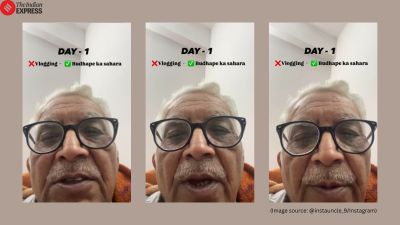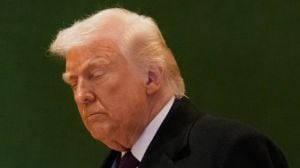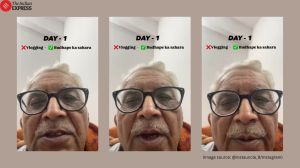Urban Legends
...

Nathan Glass begins his narration with these words: 8220;I was looking for a quiet place to die. Someone recommended Brooklyn, and so the next morning I traveled down there from Westchester to scope out the terrain8230; that was what I craved. A silent end to my sad and ridiculous life.8221;
Auster is such a skillful practitioner of the honest deception that the reader is already on alert. Glass, the 59-year-old former insurance salesman carrying a lung cancer in remission, is up for a chance at redemption 8212; to alter his life8217;s sadness and ridiculousness. Exactly how he seizes it unfolds effortlessly as accidental meetings with key characters lead into back stories and those stories flow away into reflections on, for instance, Kafka8217;s writings and Wittgenstein8217;s obsessions.
In Brooklyn, Glass runs into a favourite nephew, who defeated by the ambitious scope of his proposed dis-sertation on American literature is now working in a secondhand bookstore. The bookstore8217;s owner, Harry, is an incorrigible swindler, but he ultimately aspires to exactly what uncle-nephew do: an inner refuge, a place to repair to when the distress and tyranny of the real world become overpowering.
In this corner of Brooklyn, then, Auster is investigating the essence of Americanness. Since the pilgrims landed in north America, refuge has been part of American consciousness, founding ideals have been measured against the compromises elsewhere. Auster springs off from thinkers like Thoreau and, through the meditations of his trio of main characters taking stock of their misspent lives, reasons his way into the conscientious escapes open to Americans in these times of polarised politics. For most of the novel the election of 2000 is being contested 8212; and the battle for the soul of America is sought to be won in the improvised communities on the streets of Brooklyn.
As 2005 comes to a close, it is time to give thanks for the riches of uncommon novels it brought. Among those, The Brooklyn Follies must have especial place.
- 01
- 02
- 03
- 04
- 05






























